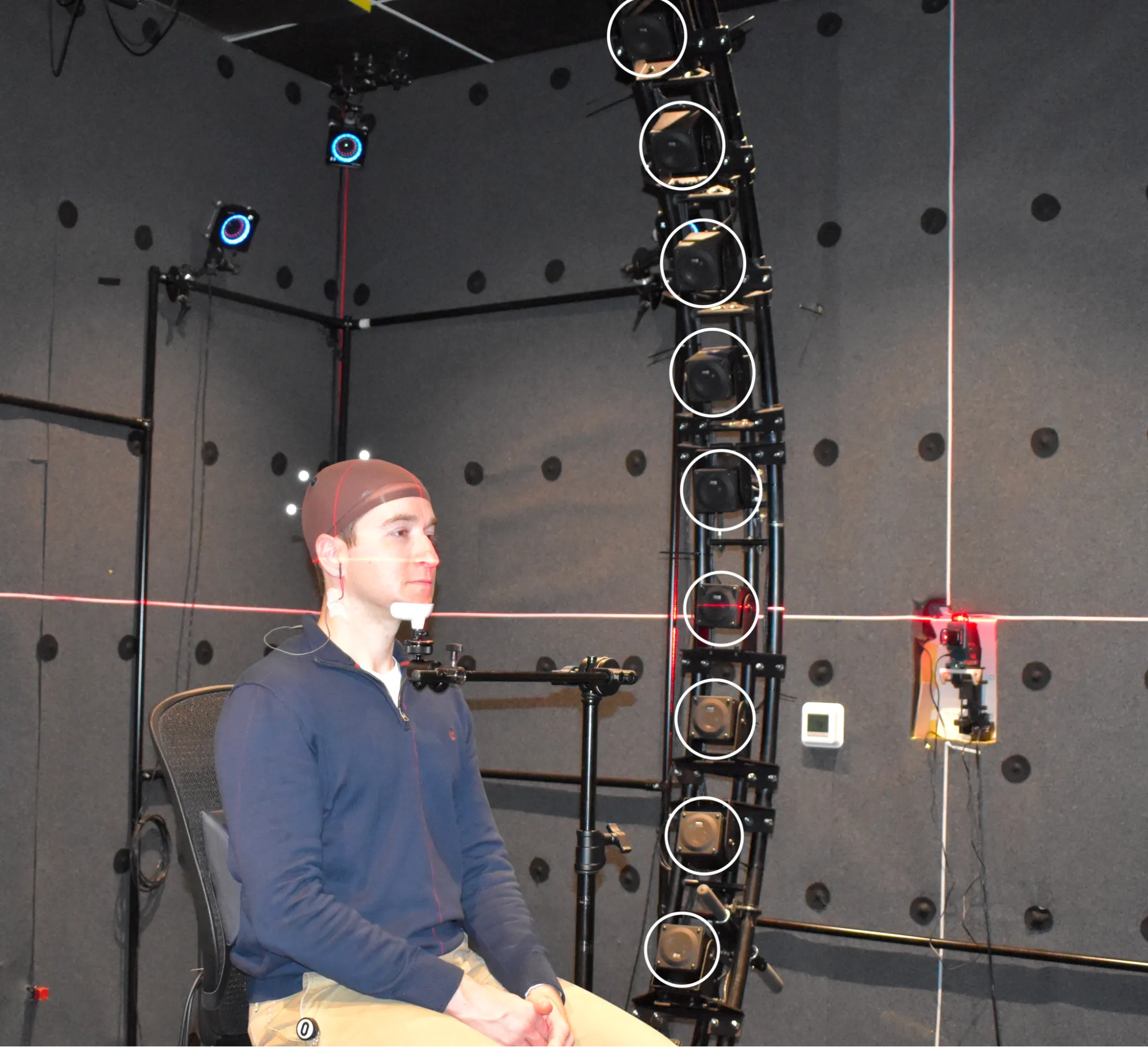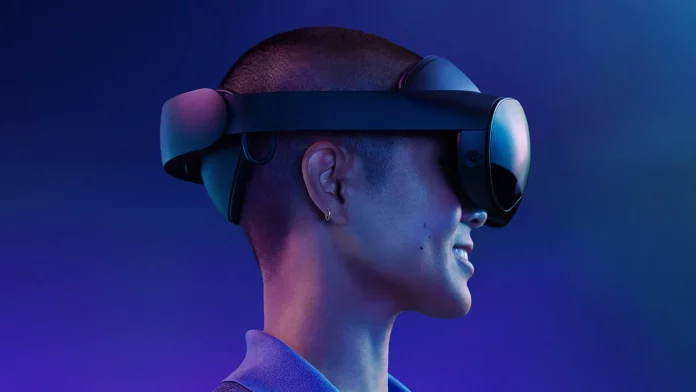Meta is improving the audio spatialization on Quest by enhancing the HRTF model.
A Head-Related Transfer Function (HRTF) is a mathematical function that determines the filter to apply to the audio for each ear to make it sound like it was emitted from an exact position in 3D space relative to your head. It’s not like the simple audio panning seen in most non-VR games.
Oculus released an Audio SDK with a HRTF in 2015, and it has since seen various upgrades such as near-field HRTF, volumetric sources, dynamic room modeling, and even geometry-based sound propagation.
Meta deprecated the Oculus Audio SDK earlier this year and replaced it with the Meta XR Audio SDK. It is, however, built on the same underlying technology and was essentially simply a branding, but it is now diverging with a substantial overhaul.
HRTFs differ depending on the shape of your ears and the distance between them. Apple allows customers to create a unique HRTF using an iPhone TrueDepth face scan, which updated AirPods and Vision Pro can take use of.
Because Meta lacks the ability to assess your face and ears, it relies on a HRTF designed to represent an average of the overall population. The present HRTF is based on publicly accessible data, but Meta claims it has made a “substantial investment in audio research” and that its researchers have collected a bigger and more exact collection of HRTFs for over 150 people in the last several years.

Meta refers to the new model built on this new information as the Universal HRTF. According to the business, it improves localisation and frequency accuracy.
According to Meta, the increased localisation makes the music seem more like it’s coming from the virtual audio source, “particularly when judging the elevation,” while the better frequency accuracy makes the audio sound more natural, with “less coloration and filtering.”
According to Meta, it tested Universal HRTF on over 100 people, and the average “subjective user preference score” increased from 37 to 52 points, while elevation detection accuracy improved by 81%.
Universal HRTF will be incorporated in Meta XR Audio SDK for Unity v55, which will be released very soon. To use Universal HRTF, developers just need to install the SDK and reload their program; no other modifications are required.


